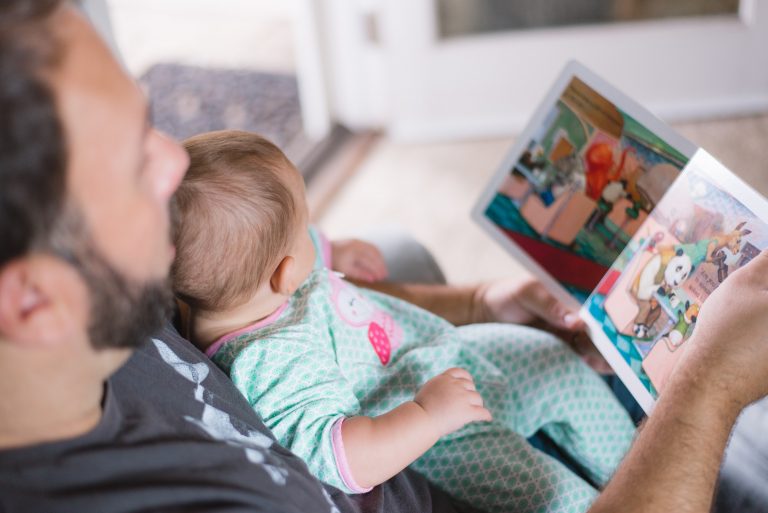
By Marie Haalad // SWNS
NEWS COPY w/ VIDEO + INFOGRAPHIC
Half of parents said the COVID-19 pandemic will permanently affect the way they parent, according to new research.
The survey of 2,000 American parents with children aged 0–3 looked at what that means for respondents, and the other changes to come with these last seven months.
Parents surveyed are more likely to stress the importance of hygiene (53%), and they’re more likely to highlight the need for doing chores and keeping the house clean (47%).
Commissioned by Gerber and conducted by OnePoll, the survey looked not only at how parenting has changed during the pandemic but also at how children are helping provide parents with a much-needed sense of routine.
Seventy-four percent of respondents said having a young child has given them more of a routine during the pandemic than they otherwise would have had.
And that’s especially important, as some respondents are struggling to even remember what day of the week it is.
Due in part to a lack of routine (69%), results found the average respondent says they’ve forgotten what day it is five times per week — compared to two times, pre-quarantine.
[youtube https://www.youtube.com/watch?v=yn8s2_cqRfY?enablejsapi=1&autoplay=0&cc_load_policy=0&iv_load_policy=1&loop=0&modestbranding=0&rel=1&showinfo=1&theme=dark&color=red&autohide=2&controls=2&playsinline=0&&w=640&h=360]
A quarter of respondents (24%) feel their sense of time has been permanently warped due to the COVID-19 pandemic, and 57% think their sense of time has been temporarily changed.
Parents are therefore turning to their children to help give them a sense of routine: bedtime (58%), their child’s naptime (52%) and snack time/mealtime (47%) were the most likely to help give parents surveyed a routine and a sense of stability.
Their child’s bath time (40%) and a nursing or feeding schedule (25%) also helped give parents a sense of routine.
“Mealtime is an important routine for any little one, and hopefully parents are treasuring that time now more than ever — especially since it’s helping provide them with a sense of stability, too. Whether parents are feeding their little ones or children are at a stage where they’re self-feeding, mealtime is so important to baby’s development,” said Sarah Smith-Simpson, principal scientist at Gerber. “Quality time with baby during meals supports them reaching their food and social milestones.”
The pandemic has also given parents more time to eat more meals together as a family (48%) as well as spend more time with their child (73%) and bond more with them (58%).
Additionally, some parents have had the opportunity to witness milestones — like first feedings of new foods, first real smiles and first words — that they may have otherwise missed.
“This new parenting data shows that despite the craziness we’re all experiencing right now, parents continue to do anything for baby,” said Smith-Simpson. “It is wonderful to see that despite the craziness of the world today, parents are showcasing that doing anything for baby is simultaneously supporting a sense of normalcy and adding joy to their lives as well.”
HOW HAS THE COVID-19 PANDEMIC CHANGED THE WAY RESPONDENTS PARENT?
- More cautious when with their child in public 61%
- More likely to stress the importance of hygiene 53%
- More likely to stress the importance of chores/keeping the house clean 47%
- More likely to make my own food (versus ordering takeout/delivery) 39%
- More likely to consider homeschooling their child when they’re older 30%
WHAT HAS HELPED GIVE RESPONDENTS A SENSE OF ROUTINE?
- Bedtime 58%
- Their child’s naptime 52%
- Snack time/mealtime 47%
- Their child’s bath time 40%
- Morning/afternoon walks 27%



















